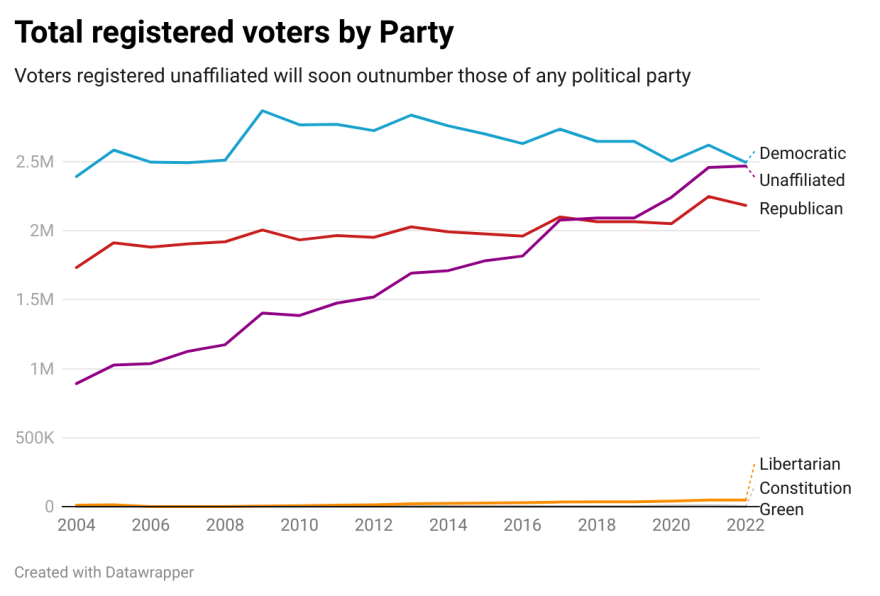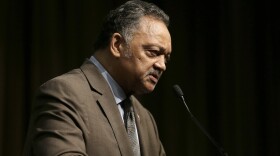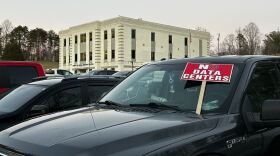As of March, unaffiliated voters in North Carolina have overtaken Democrats and Republicans as the largest bloc of the state's more than 7.3 million registered voters. A lawsuit filed in federal court this week by the non-profit, non-partisan group Common Cause argues it's time for state law to make room for unaffiliated members on the North Carolina State Board of Elections.
"Making sure that we have a state board of elections that is more representative and reflective of who we are in North Carolina," said Bob Phillips, executive director of Common Cause.
The group filed the lawsuit on behalf of its members and individual voters who say that they would like to serve on the elections board but cannot because of their unaffiliated status. This exclusion, the lawsuit claims, violates the plaintiffs' equal protection and free speech rights under the U.S. Constitution.
According to data compiled by the state elections board, as of the end of July, the state had 2,491,151 registered Democrats, 2,210,269 Republicans, and 2,576,374 voters registered as unaffiliated.
And many of those unaffiliated voters are on the younger side. Per demographic data cited in the Common Cause lawsuit, as of this April 42% of North Carolina voters aged 25-40 were registered as unaffiliated, and 47% of those registered unaffiliated are under 25.
"And this litigation addresses that trend," Phillips contended.

"The rise of the unaffiliated voter in North Carolina is being driven very much by millennial voters and now Gen-Z voters," confirmed Prof. Michael Bitzer, who chairs the politics department at Catawba College and is author of the book, "Redistricting and Gerrymandering in North Carolina: Battlelines in the Tar Heel State."
"In fact," Bitzer added, "among the youngest generational cohort, Gen-Z, almost 50% of them have registered as unaffiliated."
State law gives the sitting governor power to appoint three members from his or her party to the state elections board, and two from the other major party from lists submitted "by the state party chair of each of the two political parties having the highest number of registered affiliates" as reflected by the latest registration statistics published by the state board. The appointed board then appoints members to the bipartisan county boards, reflecting the same balance of power.
These bodies administer elections and safeguard voting machinery and records with the support of professional administrative staff. Phillips, of Common Cause, argued it is important for public perception that these powers not reside solely in the hands of people with partisan affiliations.
"In this time that we are in when, unfortunately, we are seeing a lot more attacks on our elections officials and how they are administering and operating our elections, hopefully having some kind of voice that is slightly different from being rooted in the political parties helps," Phillips said.
Not to say the current elections board, with its 3-2 Democratic majority, is doing anything wrong, Phillips added. But he said he hopes rewriting the law to allow for the representation of unaffiliated voters would give the public more confidence in the system.







